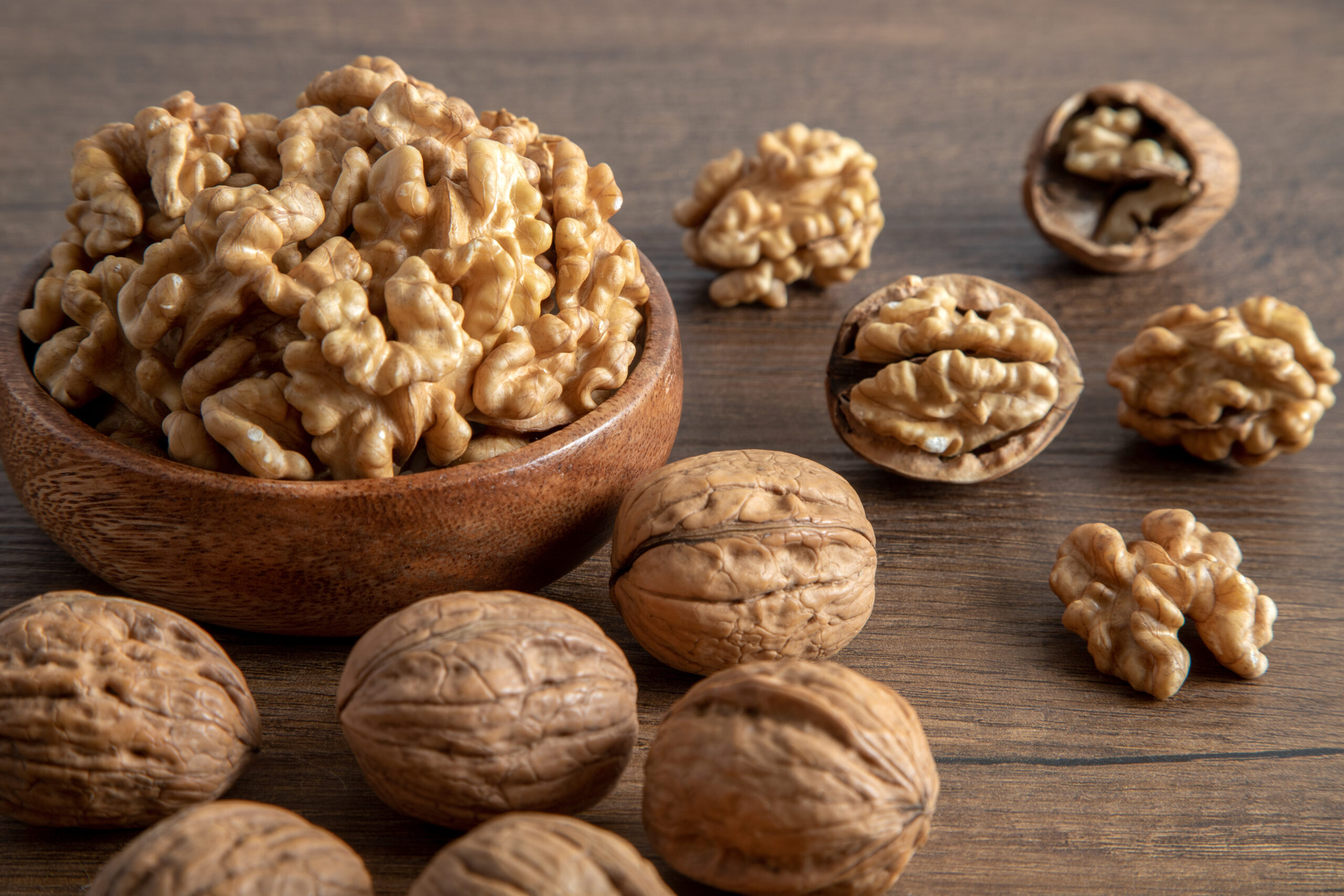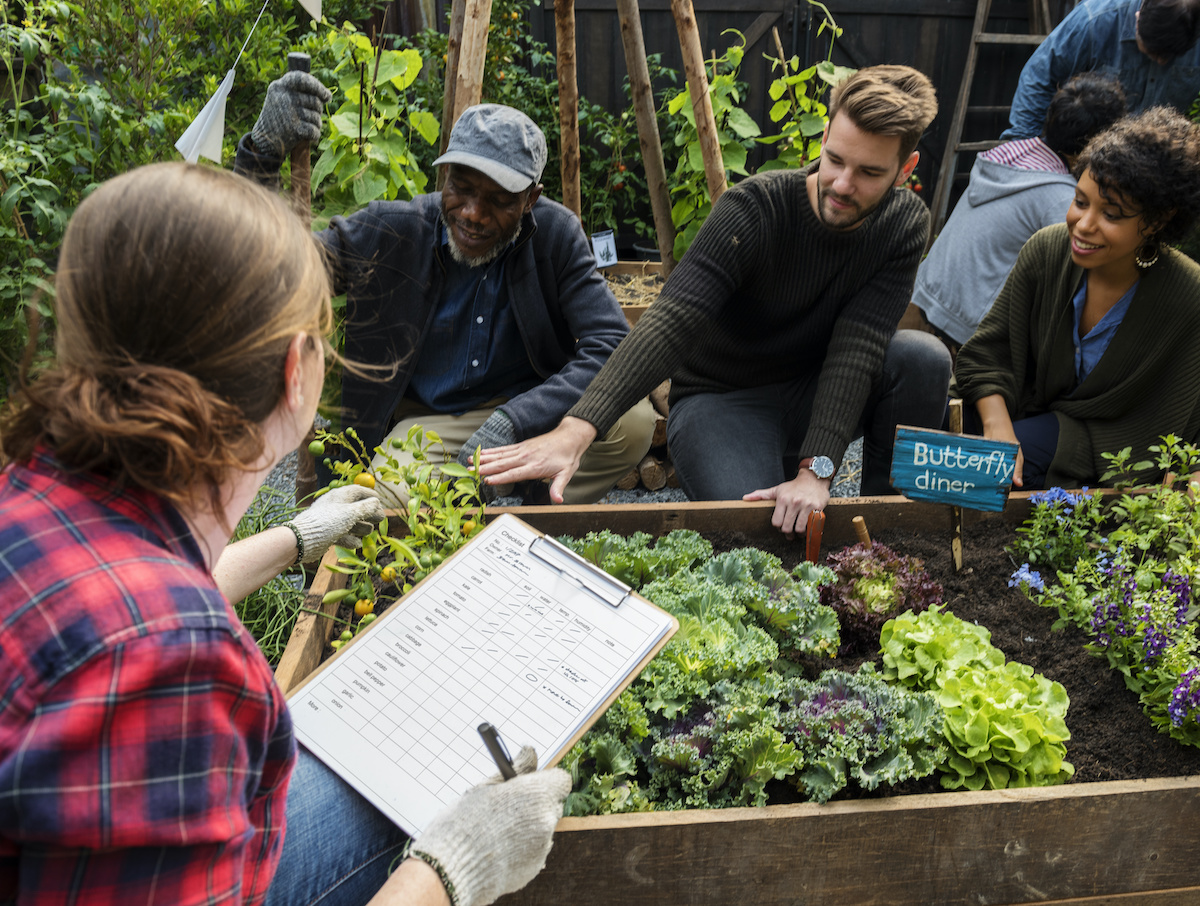Silence has been shown to offer numerous mental and physical health benefits. It can lower heart rate, reduce stress, improve mood, and support cognitive function. Yet despite these advantages, many people find silence uncomfortable or even distressing.
For some, constant background noise — from television, music, or podcasts — becomes a coping mechanism. This need for sound may stem from early associations with silence, such as punishment, loneliness, or boredom.
Additionally, individuals who struggle with regulating emotions or intrusive thoughts may find that silence amplifies internal discomfort. People with conditions like ADHD, for example, often use noise to maintain focus or feel balanced.
Still, prolonged exposure to noise — especially at high volumes — can overstimulate the brain, increase stress levels, and impair hearing over time. In contrast, even brief moments of silence, particularly when spent in nature, have been linked to improved relaxation and emotional clarity.
Learning to appreciate silence takes time and intentionality. Experts recommend starting small. Rather than removing all noise, try reducing it in manageable ways — lower the volume of background devices or incorporate short quiet periods into daily routines. Activities like walking, reading, journaling, or sitting outside can become gentle entry points into silent experiences.
Framing silence as a form of self-care or a mental reset can help shift perceptions. Visualizing positive experiences in quiet environments may also ease discomfort. It’s important to experiment and discover what silent practices feel restorative, not forced.
Ultimately, silence doesn’t have to be total or lengthy to be effective. Incorporating even a few minutes of intentional quiet each day can help recalibrate the mind, reduce overstimulation, and foster a deeper sense of calm and presence.







